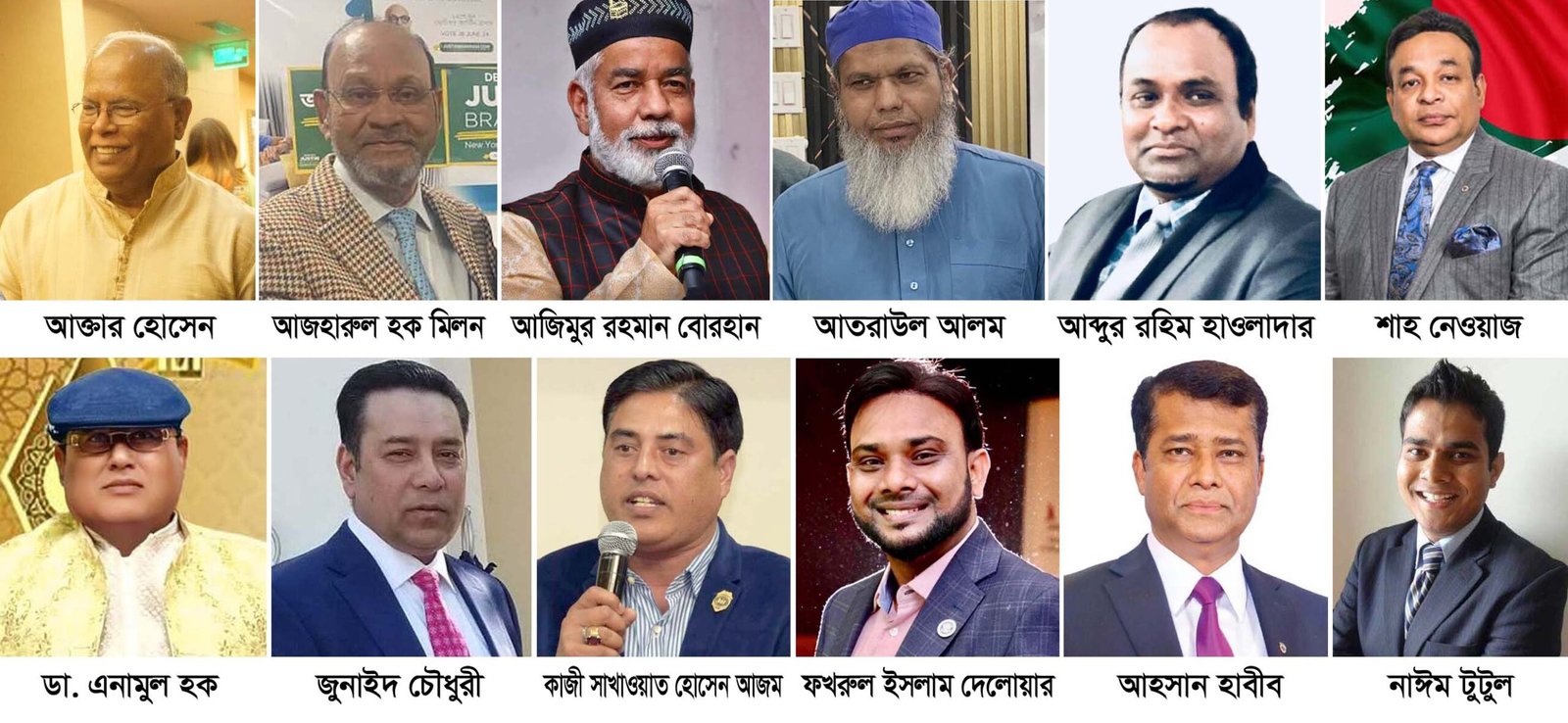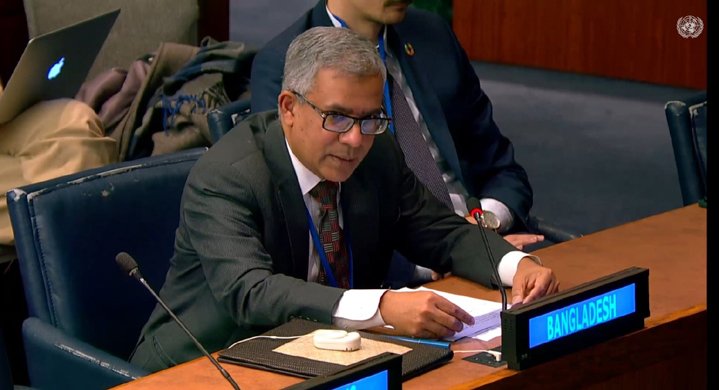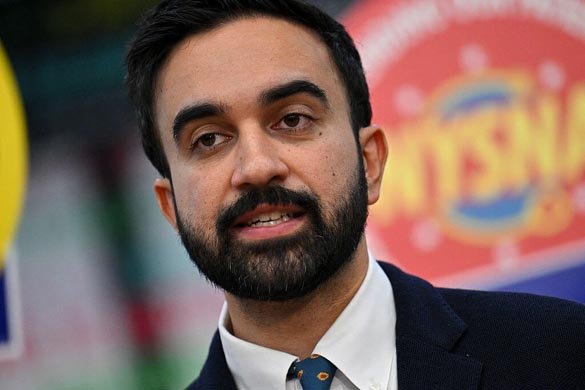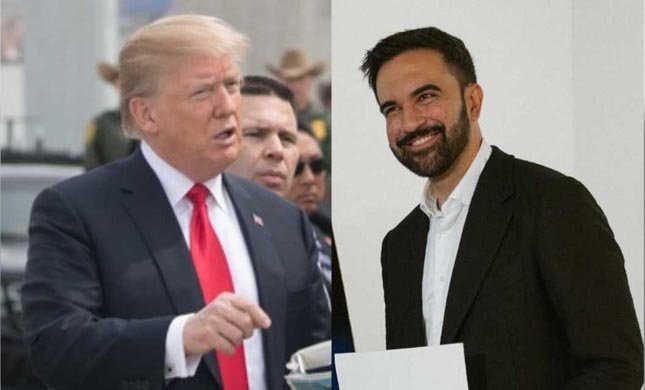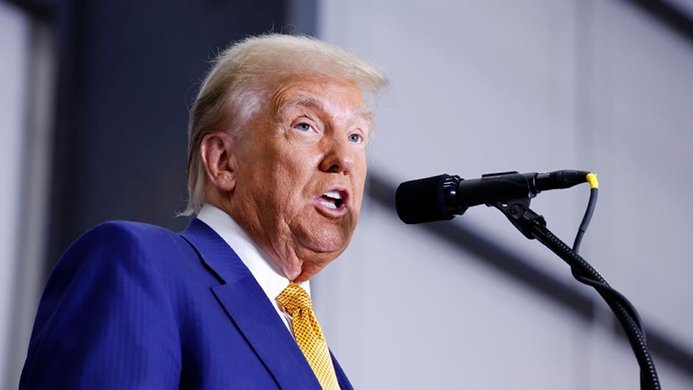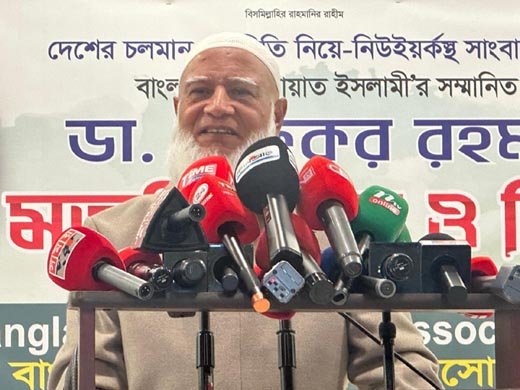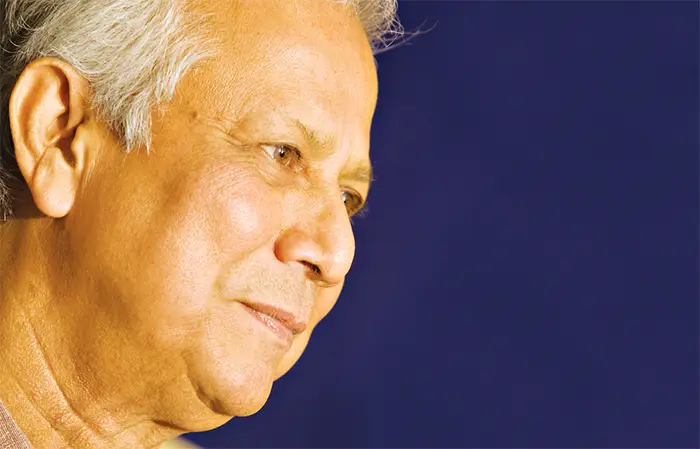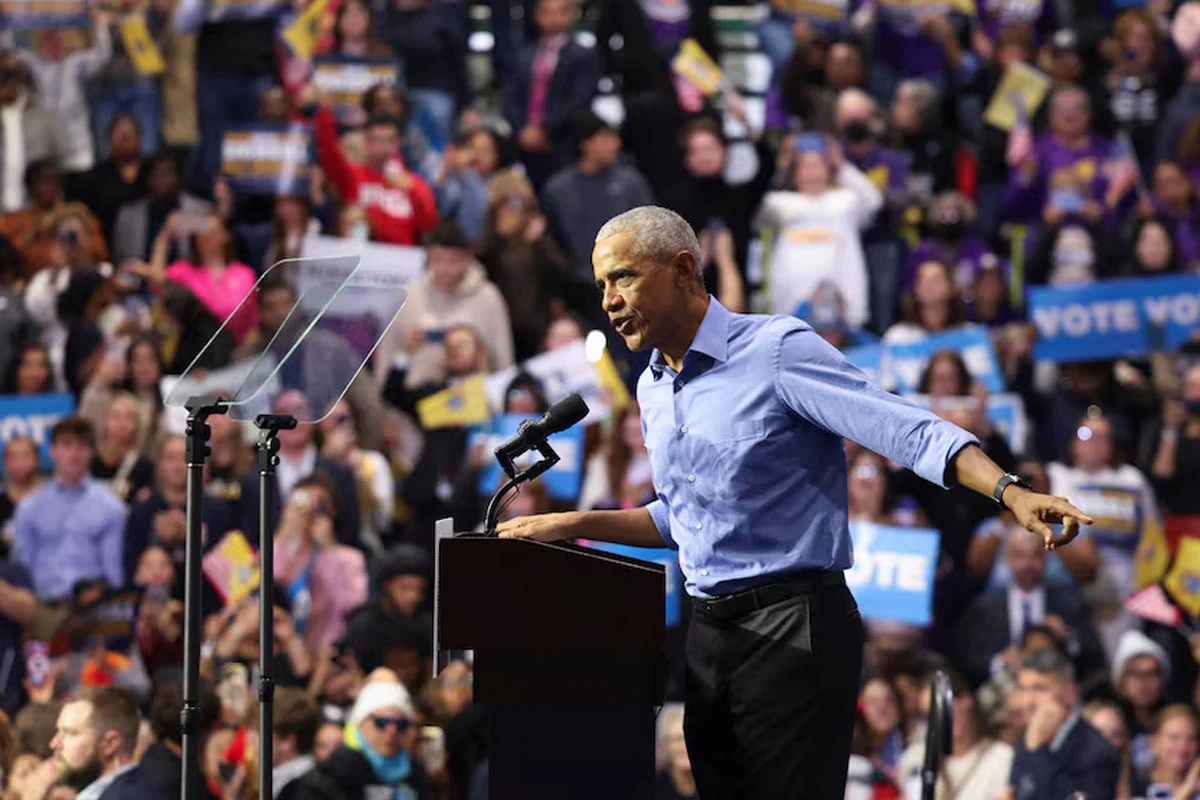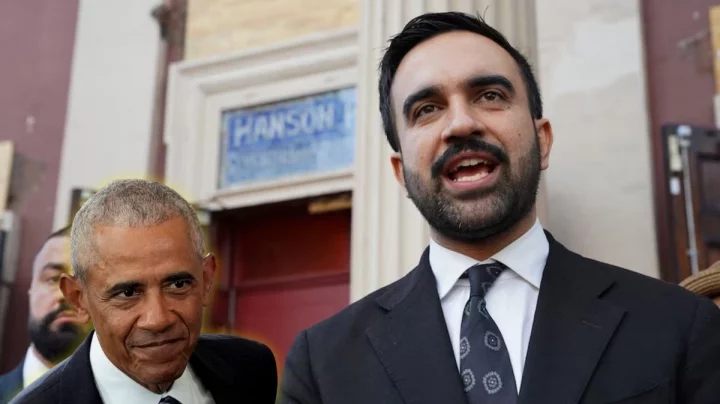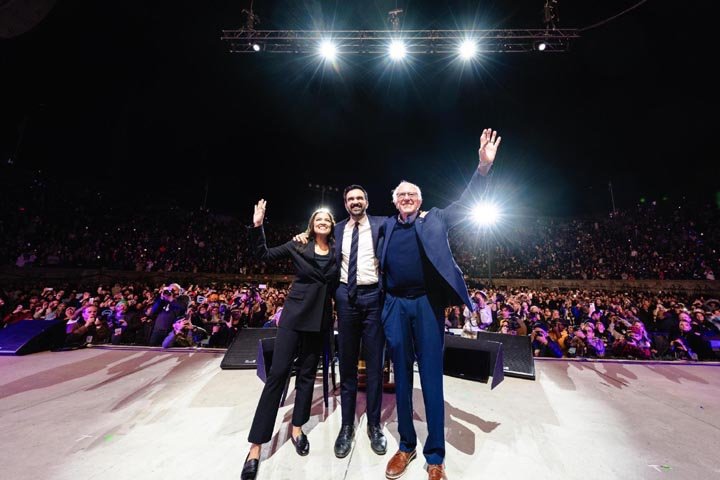Full Address at the 75th Session of the UNGA by by H. E. PM Sheikh Hasina

- প্রকাশের সময় : ০২:২৮:৫১ পূর্বাহ্ন, রবিবার, ২৭ সেপ্টেম্বর ২০২০
- / ১৪১ বার পঠিত
In the name of Allah, the most gracious, the most merciful
Mr. President,
Assamu Alaikum.
I congratulate you on your election as the President of the 75th Session of the United Nations General Assembly.
We are passing through an unprecedented crisis in the history of humankind due to the COVID-19pandemic. This is also the first time in the UN’s history that the General Assembly is taking place on digital platform without the presence in person of the Heads of States and the Heads of Governments at the UN Headquarters in New York.
This General Assembly Hall evokes deep emotions in me. From this very hall in 1974, my father Bangabandhu Sheikh Mujibur Rahman delivered a speech for the first time in Bangla as the Head of Government of a newly independent country. I also had the privilege of attending the General Assembly Sessions in-person for 16 times. I emphasized world peace and solidarity in all my speeches. As a Head of Government, this year I am delivering my 17th speech in the Assembly.
I take this opportunity to pay my tribute to all frontline fighters including health workers and public servants who are working tirelessly to ensure safety of the affected countries and population. I also commend the United Nations Secretary-General for his bold leadership and multilateral efforts during this crisis. Bangladesh was among the first rank of countries to endorse the Secretary-General’s various initiatives, including his global ceasefire appeal.
Just as the Second World War created opportunities for countries to come together in their efforts to cooperate, through the establishment of the United Nations, similarly this pandemic has emphasized the need for collective action under the guidance of right leadership.
With profound gratitude, I remember the undisputed leader Bangabandhu Sheikh Mujibur Rahman, the greatest Bangalee of all time. He taught the Bangalee nation to stand firm in the world by ending exploitation,deprivation,and oppression. Following his footsteps, we have been able to secure a respectable position for Bangladesh in the comity of nation. From this august Assembly he declared, and I quote “The noble ideals enshrined in the United Nations Charter are the very ideals for which millions of our people have made the supreme sacrifice. ….the Bangalee nation fully commits itself to the building of a world order, in which the aspiration of all men for peace and justice will be realized.” His statement was indeed a bold expression for multilateralism. Thereflection that Bangabandhu made in 1974 continues to remain equally relevant even today, as we grapple with the current crisis.
This year is particularly significant for the Bangalee nation, as we are celebrating the birth centenary of the Father of our Nation.Our reflection on his life, struggle, and sacrifice and celebration of his achievements, is a source of our encouragement for brighter future and give us the hope to cope with the challenge of COVID-19. On the birth centenary, we, on behalf of all deprived people and nations pay rich tribute to Bangabandhu.
I remember, with deep pain, the brutal assassination of my father, Father of the Bangalee Nation and the then President Bangabandhu Sheikh Mujibur Rahman on 15 August 1975 along with 18 members of my family including my mother, three brothers, two sisters-in law. The lives of myself and my younger sister were fortunately spared as we were out of the country at that time. We had to stay abroad as refugees for six long years. I mention this to this Assembly so that the world does not see the repetition of such heinous, brutal and unjust killings ever.
 Mr. President,
Mr. President,
The pandemic is a stark reminder that our fates are interconnected and that no one is secured until everyone is secured. This pandemic to a large extent kept us restricted to our homes. Consequently, our economic activities were greatly hampered along with our health systems. Bangladesh achieved a GDP growth rate of 8.2% in the fiscal year 2018-2019. But the COVID-19 pandemic has impeded our economic progress.
However, in Bangladesh from the beginning we took initiatives putting equal emphasize on the lives and livelihoods of our people. We have announced stimulus packages aiming to minimize the impact of the pandemic on our business and productivity. We have greatly expanded social safety nets coverage.
Every year, we allocate around 39 billion taka for our freedom fighters. Our allowances for the elderly, widows, destitute women, disabled and other backward sections of the society are benefitting approx 9.1 million families.
We have readily arranged food and other assistance for people who are rendered jobless due to COVID-19. This arrangement has benefitted nearly 10 million families. We have provided scholarships to 4 million students. We have also given cash incentives to five million people including farmers, workers and laborers affected by the pandemic.To ensure healthcare of the common people, we are providing 30 types of medicines free of cost through 18000 community clinics and union health centres.
Along with government assistance, I myself have collected funds and distributed more than an amount of taka 2.5 billion among the orphans, poor students, Madrasas, Mosques, Temples, school teachers, artists, journalists who are otherwise not included in government’s assistance programmes. As a result, the impact of the pandemic among our people has been minimal.
We announced 31-point directives soon after the detection of COVID cases in the country. We launched vigorous awareness raising campaigns as well as distributed personal protective kits aiming to contain the spread of the Corona virus. These resulted in containment of seasonal diseases which are otherwise common in our country.
We quickly identified the impending challenges of our financial sector and announced 21 stimulus packages. These packages include sectors such as export-intensive industries, safety and security of the workers, working capital for Small and Medium Enterprises, loan facilities for export growth, assistance to farmers and agriculture, loan for employment generation, interest relief for the affected business enterprises, refinancing schemes and insurance for the health workers. So far, we have announced stimulus package worth USD 13.25 billion which is equivalent to 4.03% of our total GDP.
During the pandemic, highest emphasis has been placed on food production. At the same time, we have taken all measures to ensure adequate supply of nutrition for our people. Special arrangements have been made for keeping the industries running and forproper marketing of agricultural products and industrial outputs in full compliance with health guidelines. Consequently, our health sector and economy are still comparatively at a better shape.Despite the COVID-induced stagnation in global industrial outputs, our GDP has registered a growth rate of 5.24 % which is expected to be 7% in the next fiscal year.
 Mr. President,
Mr. President,
We hope that the COVID-19 vaccine will soon be available in the world. It is imperative to treat the vaccine as a ‘global public good.’ We need to ensure the timely availability of this vaccine to all countries at the same time. If we are provided with the technical know-how and patents, the pharmaceutical industry of Bangladesh has the capacity to go for vaccine production in mass-scale.
Efforts to contain the pandemic and achieve Agenda 2030have to go hand-in-hand. Bangladesh’s second voluntary national review (VNR) presented this year shows that we are well on track to achieve the Sustainable Development Goals.
We are working hard to transform Bangladesh into a middle-income country by 2021, attain the SDGs by 2030, a developed country by 2041 and a prosperous Delta by 2100.
We cannot but emphasize more on the importance of leveraging science, technology, and innovation for closing the digital divide and mobilizing resources and technology transfer. It is also crucial that graduating LDCs and recently graduated ones are accorded scaled-up international support and incentive packages in the transition and post-transition phases to minimize the pandemic-triggered impediments.
The migrant workers are the frontline contributors to the economies of their host and home countries alike. Many of them have lost their jobs during the pandemic while many have been sent back home. We have allocated US$ 361 million for the returnee migrant workers. It is critical to help them regain employment in the post-COVID job market. I urge the international community and migrant receiving countries to treat migrant workers fairly and with empathy.
 Mr. President,
Mr. President,
The pandemic is worsening the pre-existing vulnerabilities of climate-vulnerable countries. In Bangladesh, we are dealing with the dual impact of recent floods and the cyclone Amphan even during the pandemic. As the current President of the Climate Vulnerable Forum (CVF) and the V-20 Group of Ministers of Finance, Bangladesh would lead the Forum to map out a sustainable and climate-resilient pathway out of the crisis. We also stand ready to contribute to securing a constructive and productive outcome in the Glasgow COP.
The Beijing Declaration and Platform of Action hashelped the international community come a long way to ensure gender equality. As we are celebrating the 25th Anniversary of the Declaration, we need to strengthen our resolve and mutual cooperationto address all the critical areas of concern. In Bangladesh, we have closed 72.6% of our overall gender gap. Women’s contribution remains at the core of our national development. They are also at the forefront of pandemic response and recovery efforts.
In Bangladesh we are implementing special programmes for the development of children. As the current President of the UNICEF Executive Board, we are leading efforts to address the existing disparity. At the same time, we remain vigilantto ensure that this health crisis does not turn into a children’s crisis.
 Mr. President,
Mr. President,
“Friendship to all and malice to none” is the fundamental principle of our Foreign policy. Inspired by this foreign policy dictum,Bangladesh has been consistently contributing to international peace and security and the establishment of a Culture of Peace.
During the pandemic, we see the rise of hate speech, xenophobia, and intolerance. Embracing the spirit of a Culture of Peace can help address these worrying trends.Currently, we are the largest troops and police contributing country in the world to the peacekeeping missions. Our peacekeepers are putting their lives on the line to secure and sustain peace in conflict-ravaged countries. International community must ensure their safety and security.
This year we are celebrating the 20th Anniversary of the Women, Peace and Security Agenda. As one of its original proponents, we call for due recognition of women’s role in peace and security. We have already formulated a national action plan in this regard.
Our unflinching commitment to peace has resulted in the adoption of a zero-tolerance policy towards terrorism and violent extremism. National efforts have to be complemented by international cooperation to curb this menace.
We consistently and strongly support the global questfor a nuclearweapons free world. To that end we support the aspirations of developing countries to benefit from the peaceful use of nuclear technology.
Mr. President,
Our painful experience and the worst form of genocide and crimes against humanity that our nation had to endure during our struggle for independence motivated us to support the legitimate cause of the Palestinian people.
Bangladesh provided temporary shelter to over 1.1 million forcibly displaced Myanmar Nationals. More than three years have elapsed. Regrettably, not a single Rohingya could be repatriated. The problem was created by Myanmar and its solution must be found in Myanmar. I request the international community to play a more effective role for a solution to the crisis.
Mr. President,
The pandemic has indeed aggravated existing global challenges. It has also reinforced the indispensability of multilateralism. On this 75th Anniversary of the United Nations, our commitment to multilateralism as embodied in the UN Charter remains unflinching. At the national level, despite numerous challenges, we are committed to upholding the values of multilateralism and working towards building a “Shonar Bangla” free of poverty and exploitation based on democratic principles with full enjoyment of human rights, as envisioned by the Father of our Nation. On the birth centenary of our Father of the Nation, this is our pledge to our nation and to the world.
I thank you all again.
Khoda Hafez.
Joi Bangla, Joi Bangabandhu
May Bangladesh live forever.


